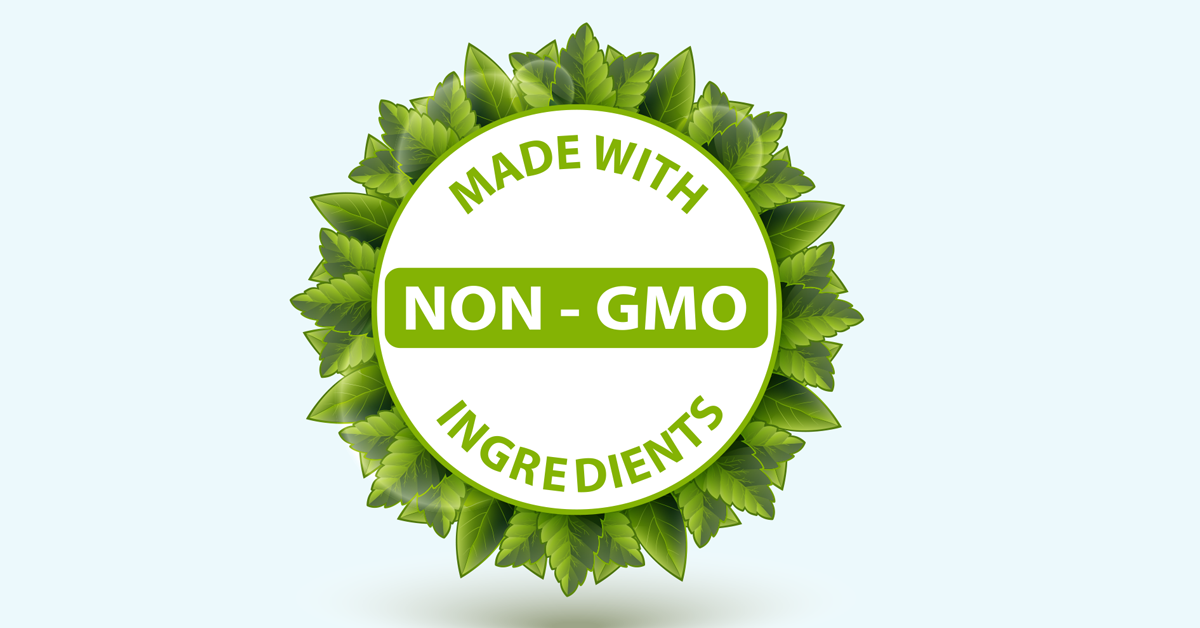
Non-GMO industry association calls on food sector to stand up for GMO labelling by participating
On 29 April 2022 the European Commission launched a 12-week public consultation on its Impact Assessment regarding the future regulation (or deregulation) of new GM techniques, which the Commission prefers to call New Genomic Techniques.
ENGA (the European Non-GMO Industry Association) has warned of the threat that deregulation poses to labelling and traceability of new genetically modified organisms (GMOs) in EU food. And as this threat to the whole sector looms large, ENGA called on retailers and food producers to take part in the consultation and have their say on the future of their industry.
Current regulations mean that genetically engineered food is clearly labelled, and GM ingredients are traceable throughout the whole value chain. If the European Commission goes ahead with its plans to deregulate new GM techniques (such as CRISPR/Cas, TALENs and others), 95% of all new GM plants currently in the pipeline could be excluded from GMO legislation and thus from any transparency requirements.
In July 2018 the European Court of Justice (ECJ) ruled that all products stemming from new genetic engineering methods are GMOs, and that the same EU GMO legislation as for old GMOs applies to them. This means that currently all GMOs are subject to authorisation procedures with a food safety and environmental risk assessment before coming on to the market. After market authorisation, the legislation ensures detectability, traceability and labelling of GMOs – and, therefore, transparency and freedom of choice for breeders, farmers, food and feed producers, food retailers and consumers.
In case of deregulation, consumers’ right to have visibility and transparency over what they are buying and eating is at stake as is the high consumer confidence in conventional Non-GMO and organic products. Whilst there is not widespread knowledge amongst consumers about new GMOs, most that are aware of them (68% of Europeans) want them to be labelled as such.
Heike Moldenhauer, secretary general of ENGA, commented: “If the European Commission goes ahead and effectively deregulates new GMOs, then food coming from new GM techniques will no longer be clearly labelled and ingredients traceable. In a post-deregulation world, untested and invisible GMOs will find their way onto European fields and into markets, supermarket shelves and plates. This poses a huge threat to consumer confidence and also a potentially disastrous impact on the Non-GMO and organic food sectors, who will ultimately pay the price. Now is the moment for the conventional and organic Non-GMO food sector to stand up for itself and have its voice heard through the Impact Assessment process."
Stakeholders have until 22 July 2022 to contribute to the Impact Assessment and a new legislative proposal is expected for the second quarter of 2023.
Source: ENGA https://www.enga.org/enga-news